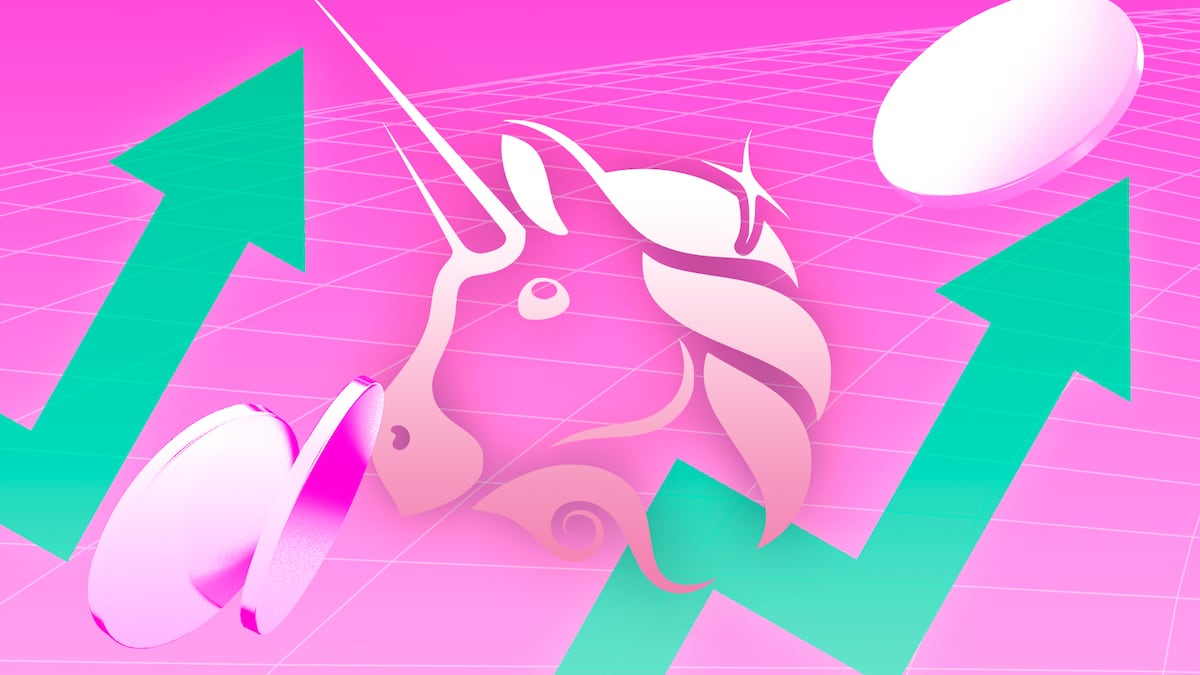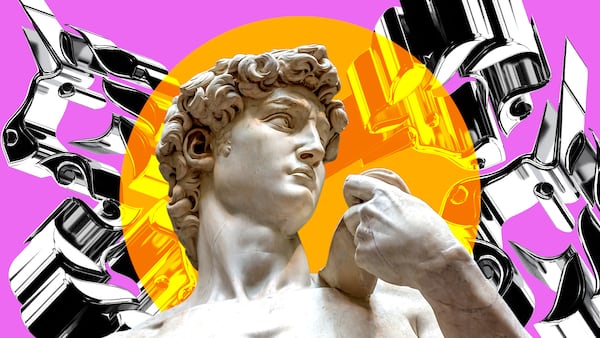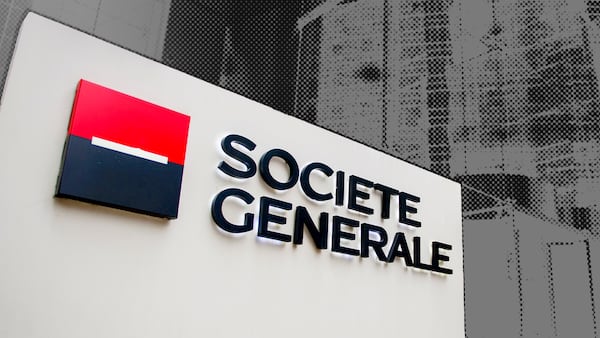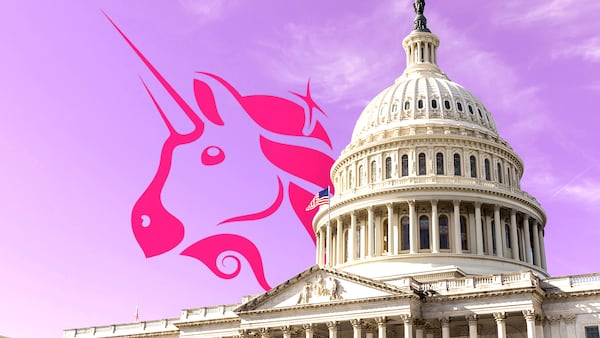- Uniswap leadership has proposed activating the so-called fee switch.
- Activation would divert a portion of protocol revenue toward burning UNI tokens.
- The proposal also calls for the eventual closure of the Uniswap Foundation.
Uniswap leadership has proposed a major overhaul of the UNI token that includes the long-debated “fee switch,” an upgrade that would divert a portion of protocol revenue to tokenholders.
Rather than send revenue directly to tokenholders, however, the proposal would send that revenue to a “token jar.” UNI holders would be able to destroy their UNI tokens and, in turn, withdraw an equivalent amount of crypto from the token jar.
That would reduce the UNI supply and, in theory, boost the remaining tokens’ value.
The proposal also seeks to burn almost 100 million Uniswap tokens worth almost $800 million. That’s the amount of tokens that would have been burned had the proposed fee switch been implemented since Uniswap’s inception several years ago.
The proposal is backed by the Uniswap Foundation, Uniswap Labs, and Uniswap founder Hayden Adams. If it’s approved by tokenholders, it would also result in the Foundation’s eventual closure.
In a post on social media, Adams suggested Uniswap Labs — the company that has built the four versions of the Uniswap protocol — would take a more muscular role in running the protocol going forward.
“UNI launched in 2020, but for the past 5 years Labs has been unable to meaningfully participate in Uniswap governance, and has been greatly restricted in the ways it can build value for the Uniswap community,” he wrote. “That ends today!”
Uniswap Labs and Uniswap Foundation Executive Director Devin Walsh did not immediately return DL News’ request for comment.
The fee switch
Uniswap is the largest decentralised exchange on Ethereum. It has processed more than $150 billion in transactions over the past 30 days.
Today, liquidity providers get a cut of every transaction on Uniswap. It’s a lucrative business: users have paid more than $229 million in swap fees over the past 30 days, according to DefiLlama data.
The proposed fee switch would maintain the current swap fees. But it would divert between one quarter and one-sixth of those fees to a smart contract known as the token jar. Anyone who burns UNI tokens — using a smart contract called “fire pit” — would be able to withdraw an equivalent amount of crypto from the token jar.
In order to compensate liquidity providers, the proposal would greenlight the development of a Protocol Fee Discount Auction, which would “add a new source of protocol fees by internalizing MEV that would otherwise go to searchers or validators.”
The proposal would activate the fee switch on pools in Uniswap v2 and Uniswap v3, which comprise as much as 95% of liquidity provider fees collected from Uniswap transactions that settle on Ethereum mainnet.
Votes to activate the fee switch on Uniswap v4 and other blockchains would come at a later date, according to the proposal.
The Foundation
The proposal also seeks to disband the Uniswap Foundation, a nonprofit funded by the DAO and “dedicated to driving the growth, sustainability and decentralization of the Uniswap community,” according to its website.
The proposal would shift a majority of the Foundation’s staff to Uniswap Labs, a for-profit company. Labs would assume several responsibilities currently under the Foundation’s purview, including ecosystem support and funding, governance support, and developer relations.
Remaining Foundation employees would administer the nonprofit’s $100 million grants program. Afterward, the Foundation would fold.
Labs would also cease to collect fees from interfaces that allow non-technical traders to use the Uniswap protocol, including a Labs-built website and crypto wallet.
But it reserved the right to collect new fees in the future.
“Monetization of Labs interfaces will continue to evolve over time and any fees on volume originating from these products will benefit the Uniswap ecosystem,” the proposal reads.
Background
Flipping the so-called fee switch has been a source of major controversy within the Uniswap DAO in recent years.
Supporters say it would be a boon for tokenholders, tying UNI’s value to the success of the Uniswap protocol, a decentralised exchange that has processed more than $150 billion in transactions over the past 30 days.
But the Foundation, one of the major players in the Uniswap ecosystem, has been wary.
After proposing a fee switch last year, the Foundation cancelled a planned vote at the 11th hour, citing “a new issue” raised by an unnamed stakeholder.
In addition to frustrating fee switch supporters, the Foundation’s apparent sway over the DAO became fodder for a Congressional hearing this year.
“If you agree that decentralisation involves distributing voting power among your UNI token holders,” Representative Sean Casten said, “doesn’t the fact that the Uniswap Foundation can unilaterally make decisions — doesn’t that weaken any claim of it being decentralised?”
Shortly thereafter, the Foundation signalled a new vote on the fee switch was imminent. But it would only come after tokenholders approved the creation of a Decentralized Unincorporated Nonprofit Association, or DUNA — a kind of legal wrapper for crypto cooperatives like the Uniswap DAO.
Incorporation would protect members of the Uniswap DAO from legal or tax liability, a prerequisite to activating Uniswap’s so-called fee switch, according to the Foundation.
DUNA approval came in August. But the Foundation kept mum on a potential fee switch vote — until now.
UNI jumped more than 29% on Monday.
Aleks Gilbert is DL News’ New York-based DeFi correspondent. You can reach him at aleks@dlnews.com.









